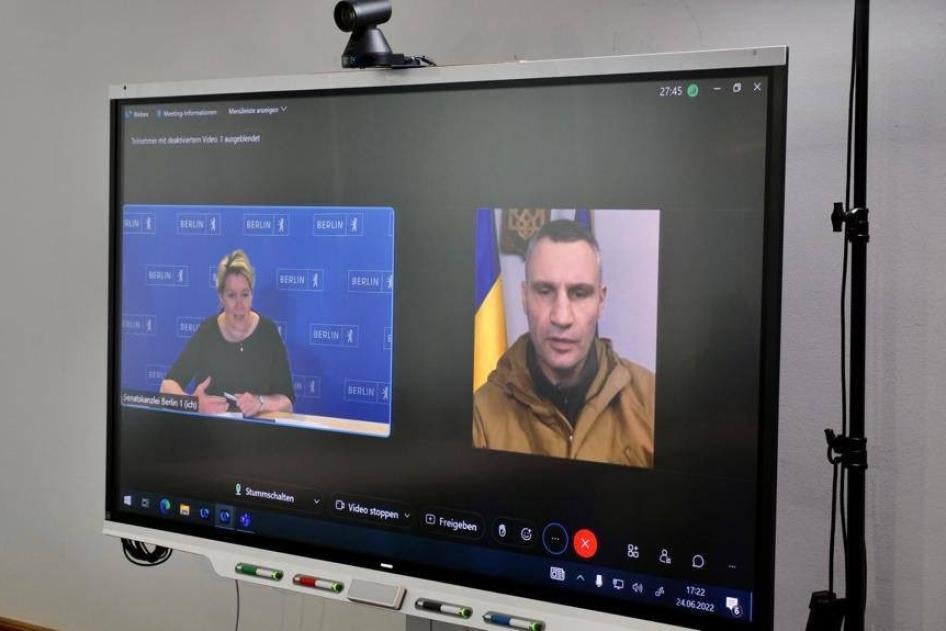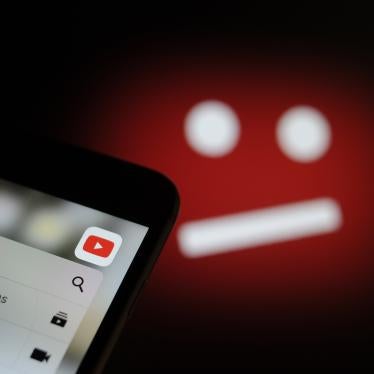The mayor of Ukraine’s capital Kyiv, former heavyweight champion Vitali Klitschko, has appeared on camera for years. Some of this footage has now apparently been manipulated by impostors impersonating him.
In video calls, the fake Klitschko spoke with the mayors of Berlin, Vienna, Warsaw, and other cities, discussed details about Russia’s war in Ukraine – and called for people fleeing the war to be returned to Ukraine.
A spokesperson for Berlin mayor Franziska Giffey said she became suspicious when the fake Klitschko asked her to send young Ukrainian men back to the war zone. She claims the meeting was terminated, the office alerted security, and that police began to investigate.
Ukrainian officials have confirmed that Giffey had not spoken to the real Klitschko. Two Russian comedians claimed responsibility for the fakes.
Largely low-tech manipulations such as miscontextualized videos reposted online have appeared since the early stages of the Russian invasion of Ukraine. In February, a photograph of Klitschko holding a machine gun was shared widely on social media, alleging that he was in battle at the front lines. In fact, it was taken during a training session in 2021. Another fake video circulated in March shows Ukrainian President Volodymyr Zelenskyy proclaiming the alleged surrender of Ukrainian forces.
Manipulated photographs and videos are all over the internet, from cat filters on Instagram to professional film productions. So-called deepfakes or manipulated intimate images – tech-enabled gender-based violence – cause tremendous harm to victims.
But not everything is manipulated. Governments have attempted to discredit legitimate video evidence of abuses and have also criminalized satire critical of them under the pretense of it being “fake.”
Human Rights Watch works to verify digital content and corroborate documentation of alleged war crimes and serious human rights violations.
Whether the manipulated calls to European mayors are a “means of modern warfare,” as the mayor of Berlin called them, or just a media-savvy prank, hijacking diplomatic meetings to call for illegal deportations can have serious repercussions. The government of Berlin estimates that 267,000 people fleeing Ukraine had come to the German capital by May. German authorities are responsible for their safety.
Authorities should verify sensitive digital content and communication to reduce the risk of deception. They should also investigate cases where manipulated images are used with malicious intent and lead to harm, especially when human rights are on the line.










